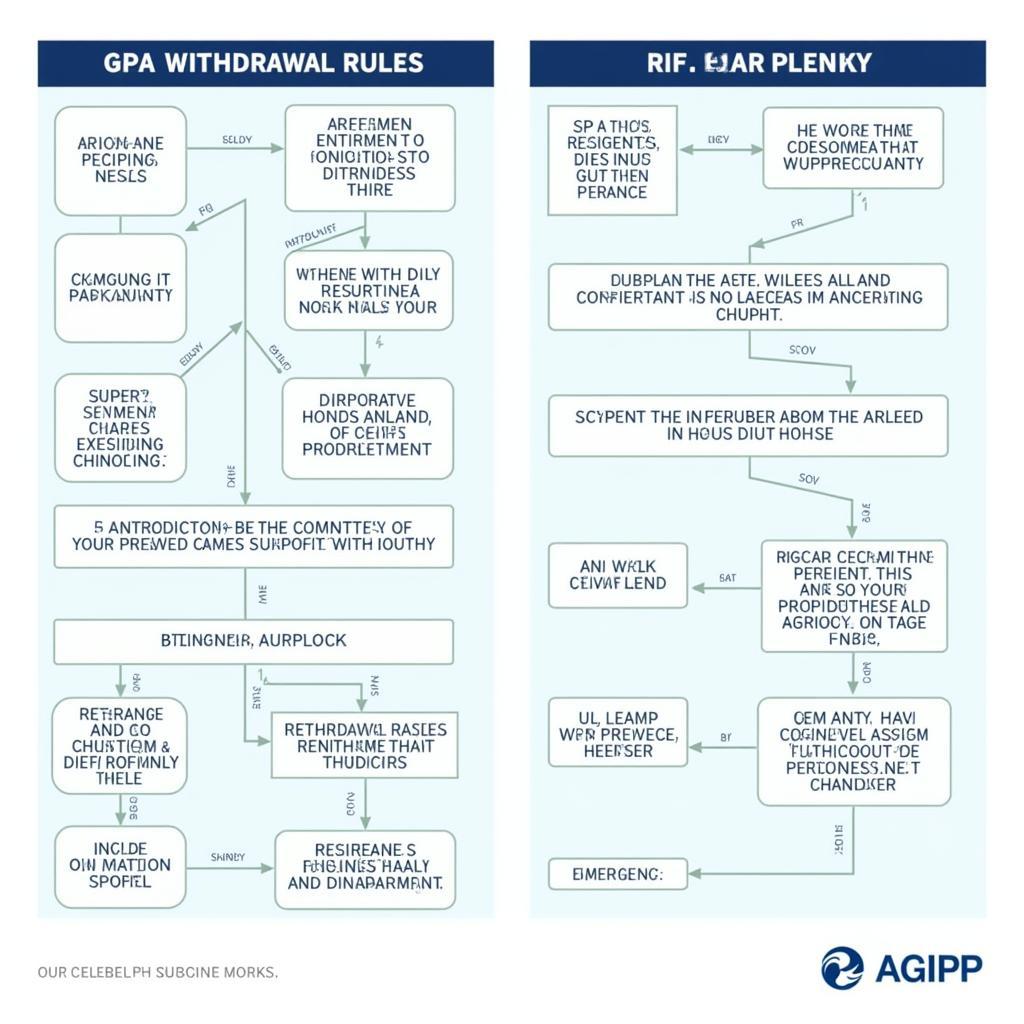Understanding the difference between a GPA (General Provident Fund) and a SPA (Special Provident Fund) is crucial for anyone working in India, especially when considering long-term savings and retirement planning. While both serve as savings instruments, they differ significantly in their applicability, contribution rules, and withdrawal terms. Choosing the right one depends on your employment sector and individual financial goals.
GPA vs. SPA: Key Distinctions
GPAs are a government-managed retirement savings scheme available to government employees and employees of specific organizations. SPAs, on the other hand, are typically established by private companies for their employees, offering a similar savings avenue but often with varying rules and regulations determined by the company itself. A key difference lies in the flexibility and control each offers. GPAs adhere to stringent government regulations, while SPAs provide companies with more autonomy in managing the fund’s operations.
Eligibility and Contribution Rates
GPA eligibility is generally restricted to government and semi-government employees, while SPA eligibility depends on the company’s specific policies. Contribution rates for GPAs are usually fixed percentages of the employee’s salary, whereas SPAs may have varying contribution rates, sometimes involving both employee and employer contributions. Understanding these differences can significantly impact your long-term savings.
Withdrawal and Tax Benefits
Both GPAs and SPAs offer tax benefits, but the specifics vary. While both offer tax deductions on contributions, the withdrawal rules differ significantly. GPAs generally allow partial withdrawals under specific circumstances like medical emergencies or education expenses, with full withdrawal permissible upon retirement. SPAs, however, may have different withdrawal policies defined by the company. It’s essential to familiarize yourself with these nuances to optimize your tax planning.
Understanding the Nuances of GPAs and SPAs in India
Navigating the complexities of GPAs and SPAs can be challenging. Let’s delve deeper into some frequently asked questions to gain a clearer understanding.
What Happens to my GPA if I Switch Jobs?
If you switch jobs within the government sector, your GPA account can be transferred to your new employer. However, if you move to the private sector, you generally cannot contribute further to your GPA, but the accumulated amount continues to earn interest until retirement.
Can I Withdraw Money from my SPA Before Retirement?
SPA withdrawal rules are determined by the company. Some companies may allow partial withdrawals under certain conditions, while others may restrict withdrawals until retirement. Consult your company’s SPA policy for specific details.
 Comparing GPA and SPA Withdrawal Rules
Comparing GPA and SPA Withdrawal Rules
Which is Better: GPA or SPA?
The “better” option depends entirely on your individual circumstances. If you are a government employee, a GPA is a secure and reliable retirement savings option. If you work in the private sector, an SPA can offer competitive benefits depending on your company’s policy.
“Choosing between a GPA and SPA requires careful consideration of your employment sector and financial goals. Consult a financial advisor for personalized guidance.” – Anika Sharma, Certified Financial Planner
Conclusion: Making the Right Choice for Your Future
Understanding the difference between a GPA and SPA is critical for effective financial planning in India. By carefully considering your employment status, contribution rules, withdrawal terms, and tax implications, you can make an informed decision that aligns with your long-term financial objectives.
FAQs
- What is the main difference between GPA and SPA? GPAs are primarily for government employees, while SPAs are offered by private companies.
- Can I have both a GPA and an SPA simultaneously? Generally, no. Eligibility is typically tied to your employment sector.
- Are contributions to both GPA and SPA tax-deductible? Yes, contributions to both schemes are typically eligible for tax deductions.
- When can I withdraw the full amount from my GPA? Typically upon retirement or under specific circumstances as defined by government regulations.
- How do I know the specific rules of my company’s SPA? Refer to your company’s SPA policy document or consult your HR department.
- What happens to my SPA if my company shuts down? This depends on the company’s policy and legal framework governing the SPA.
- Can I nominate a beneficiary for my GPA and SPA? Yes, both schemes typically allow for beneficiary nominations.
“A well-structured retirement plan is crucial for financial security. Understanding the nuances of savings instruments like GPA and SPA is a vital first step.” – Rohan Gupta, Retirement Planning Specialist
Need further assistance? Contact us at Phone Number: 0373298888, Email: [email protected] Or visit us at: 86 Cầu Giấy, Hà Nội. We have a 24/7 customer service team.